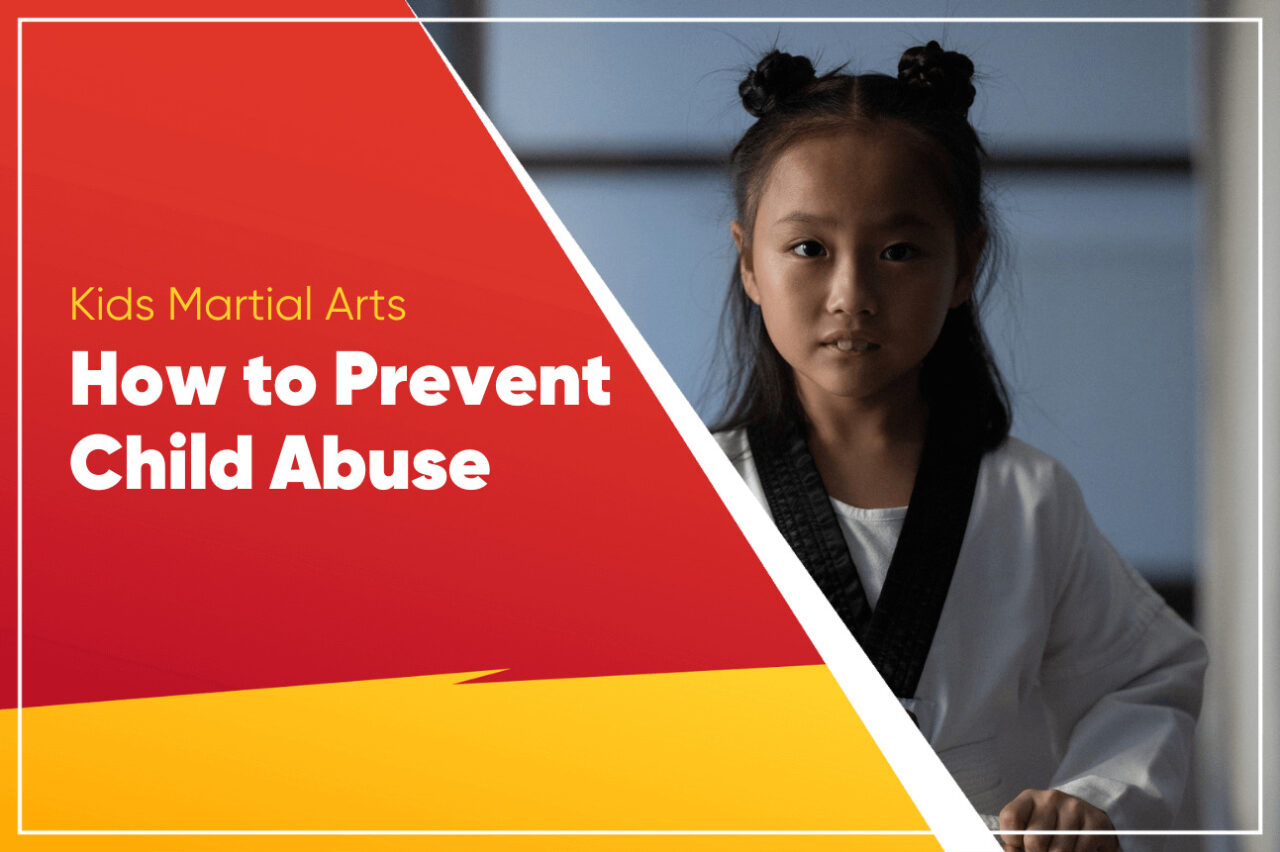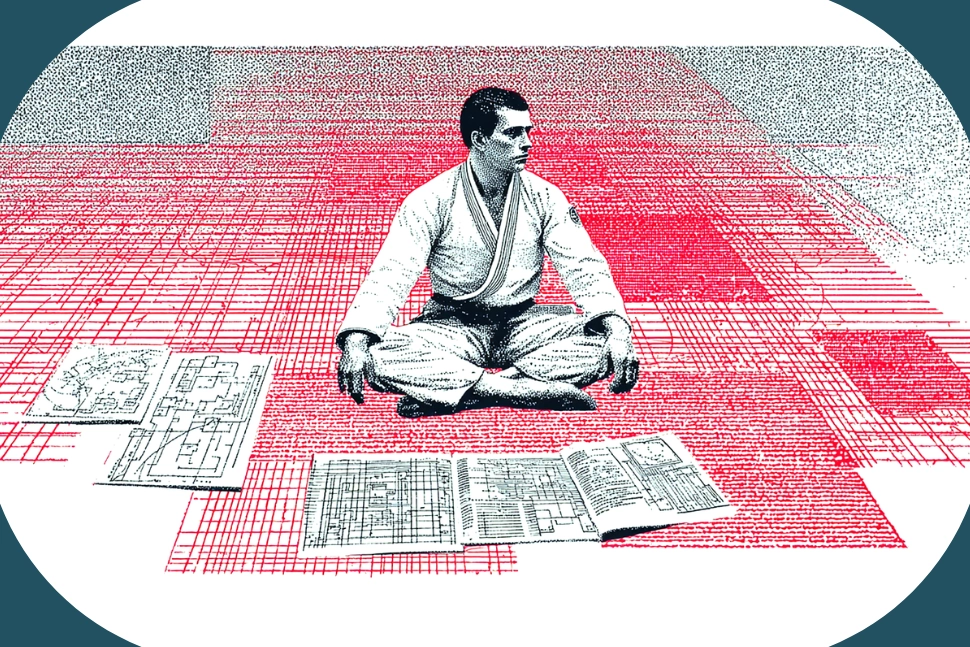7 Ways to Prevent Child Abuse in Your Martial Arts School

Child sex abuse statistics are startlingly high and on the rise. Any business that caters to children is in danger of attracting predators, and martial arts schools are no exception. The USA Gymnastics scandal shows that sports is one of the more prolific hunting grounds for predators, and that greater scrutiny and stricter policies are necessary to prevent abuse.
Every year, it seems there are a handful of stories that hit the news about abuse inside martial arts schools. If you’re a school owner or parent wondering what you can do to prevent these heinous crimes from happening, this article will address 7 effective child abuse prevention strategies.
Mandatory Background Checks on All Staff & Volunteers
This one is self-explanatory, but many martial arts schools neglect to get background checks because they’re very small businesses and often hire in people they already know or have built strong relationships with. Or volunteers are made up of parents and students. Regardless of your trust of an individual, it’s best practice to have a current background check on an employee, contractor, or volunteer that’s updated every year.
You can use a service like backgroundchecks.com or HireRight to conduct these background checks. While it’s possible to get an instant check with local information, I highly recommend getting the most extensive check you can. You never know who someone was before they moved to your area.
Staffing for Accountability
This one is intuitive but is often neglected. If a staff member is managing the dojo all by himself while students are there, there are potential gaps in accountability. It’s best to have at least two staff members in your gym at all times. Those staff members should pay attention to what they’re doing to avoid even the appearance of untoward behavior.
Interior Security Cameras
Since cameras can’t capture every angle of the school, it will be necessary to make and communicate policies about instructors being alone with students in known blind spots or in areas where cameras cannot be placed, such as bathrooms.
This helps prevent any abuse on the premises, but it also helps you prove that abuse didn’t happen on premises if your business is ever accused of it. However, you should ensure that you keep a record of the footage going back a long time and ensure that the cameras are on all the time.
Strict On/Off Hours Communication Policies
In 2016, an Orlando, Florida karate instructor was busted for sending her underaged student (11) nude photographs of herself. She attempted to lure him over so that she could molest him, but the boy’s mother happened to see her messages on his device and called the police first.
These particular messages were sent on a messaging app called Kik. But it can happen anywhere – SnapChat, Facebook Messenger, Instagram, anywhere both kids and adults are likely to be users. For this reason, it’s important that you set expectations and policies around staff and volunteers reaching out to underaged students both during and outside of working hours.
If you set good policies, it should immediately raise red flags if you find out a staff member contacted an underaged student in an unofficial capacity. This should include invites to staff members’ houses as well: Marcelo Concalves, a BJJ Instructor with Fight Sports, was charged and convicted for sexually assaulting a minor at his home rather than the gym.
Strict Tournament & Travel Policies
Competition is an integral part of the martial arts experience, which often leads to opportunities to travel as a team. During the madness and cost of travel and participation in tournaments, there can be gaps in accountability, lapses in judgment by parents, and moments of vulnerability for young students.
This happened to Mandy Schneider, who was 16 when her parents allowed her to travel alone with her BJJ coach to a superfight event for her to compete in. Through a number of events, her coach maneuvered her into his room, tricked her into drinking alcohol so she’d get intoxicated, pretended to practice some jiu jitsu, and then sexually abused her.
It’s best that the parents or guardians be required to travel with their underaged students at all times. Even if you’re attending a local tournament, a parent or guardian needs to be present. Any staff members that violate these rules need to be reprimanded immediately. These rules must be enforced strictly.
Staff Training
Your policies need to be clearly communicated with the chance for ambiguities to be clarified and documented. This can’t happen if you just give a staff member or volunteer a book to read. Instead, put together an in-person training event, get all staff there, and ensure they’re engaged with the material.
Training should include how to spot abuse or potential abuse in addition to what you as a business consider appropriate and inappropriate behavior towards students. It’s also critical that you establish a process for reporting these situations if they are witnessed.
In the Mandy Schneider case, she eventually opened up to fellow competitors, some of whom were staff or volunteers at her martial arts school. Instead of reporting to the proper person or authorities, they asked her to keep those things to herself. This is extremely wrong and will destroy your school.
Fostering a Positive School Culture
Abuse can happen among members, too. Any functional abuse prevention strategy must include fostering a culture of positivity and knowledge. Verbal abuse should never be acceptable; but placing yourself into compromising situations with other members shouldn’t be, either.
This means there need to be strict policies around adult members and parents being unsupervised around children that aren’t their own, both inside and outside of the school. As addressed before, there are gaps in supervision and accountability that can happen at events like tournaments, so special care must be taken that children are cared for by their proper guardians at all times.
Conclusion
Child abuse is an ongoing problem in martial arts schools and in youth sports organizations nationwide. That said, there are several strategies and policies that you can put into place as a martial arts school owner to help prevent these evils from happening. Six of those strategies include:
- Mandatory background checks for staff & volunteers
- Staff for accountability
- Interior security cameras
- Strict on/off hours communication policies
- Strict tournament & travel policies
- Staff training
- Fostering a Positive School Culture
Put these into place as soon as possible and enforce them strictly. It’s better that staff be inconvenienced for a short period of time than any potential predator is able to get away from a crime.
Gym management software that frees up your time and helps you grow.
Simplified billing, enrollment, student management, and marketing features that help you grow your gym or martial arts school.




.webp)

